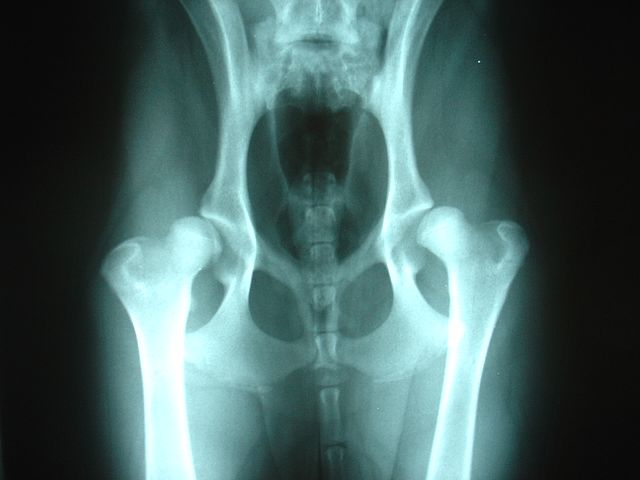Ringworm in dogs, contrary to what the name implies, is not caused by a worm but is a fungal disease that is caused by Microsporum gypsum (20%), Trichophyton mentagrophytes (10%), and Microsporum canis (70%). It is a highly contagious disease that can lead to scaly skin and patches of hair loss on a dog and can spread to other animals and humans as well. The fungus can also be spread from human to human, as well as from human to animal.
Summer is just around the corner in Canada, and that means sunshine, heat, long walks with your dog, and ticks. No matter where you live, chances are you’re concerned, and you should be.
Before they arrive, we’ve got everything you need to know about these little parasites, the diseases they cause, and what you can do to keep your dog safe.
The short answer? No. But then, neither can you because influenza is a virus that primarily affects the respiratory tract, not the digestive system.
What we call stomach flu is usually something called gastroenteritis, and dogs can definitely get that. The only trick is that gastroenteritis isn’t a very specific term. Instead, it covers a range of symptoms (usually diarrhea and vomiting) that may have many different causes. Here’s what you need to know.
Masticatory Myositis, also called Eosinophilic Myositis, can either start gradually or come on suddenly. It will appear to be painful for your dog to open his mouth or chew, and he might not want to open his mouth at all. The muscles around the head, particularly those around the temple area, will become hollow, causing your dog to have a thin-faced look.
Since there are a number of possibilities as to why your dog cannot open his mouth, your vet will do several tests and examinations to establish whether or not it is indeed masticatory myositis.
Hip dysplasia, one of the most common skeletal diseases in dogs, is a hereditary disease characterized by the abnormal development of the acetabulum as well as the head of the femur. The hip joint is made up of the ball and socket.
Hip dysplasia develops through an interaction of both environmental and genetic factors, with multiple genes as well as a complicated pattern of inheritance for the disorder. Hip dysplasia often starts when a dog is young, usually at around four months of age, and occurs when the hip joints fail to develop as they should and gradually deteriorate until the hip joints cannot function properly.





